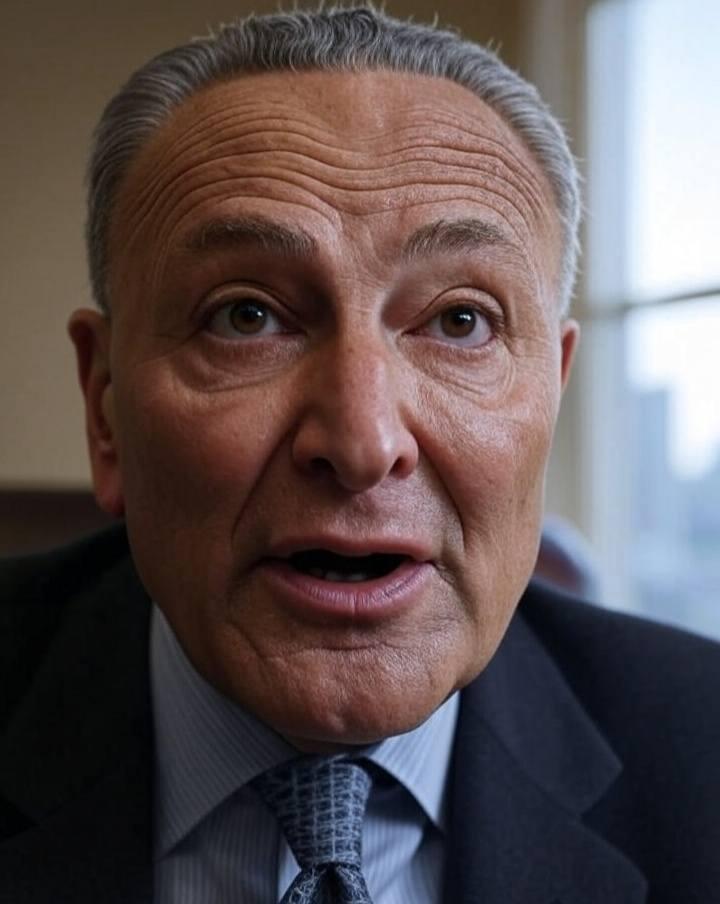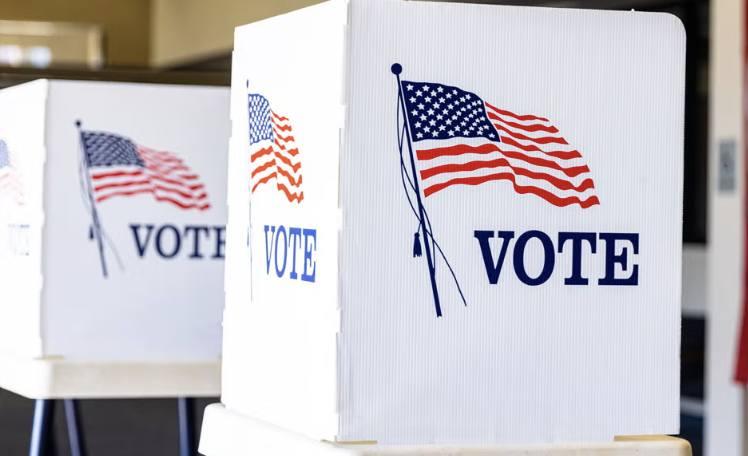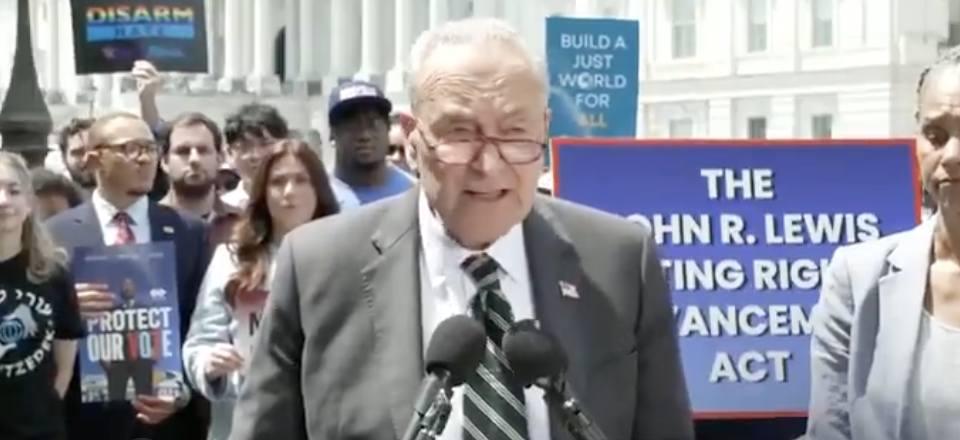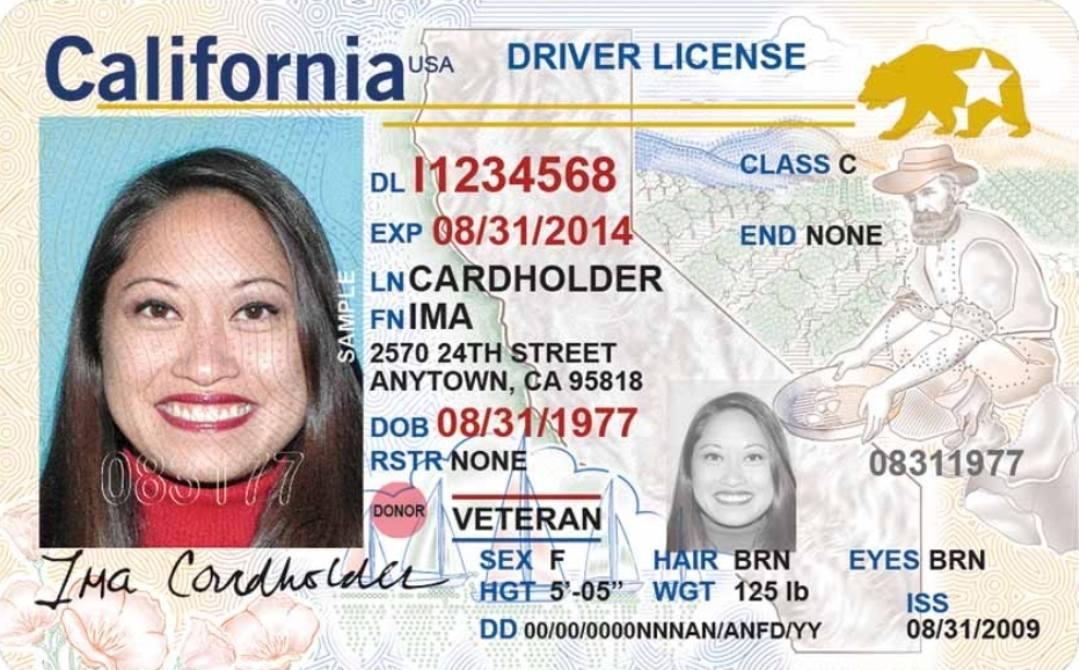On July 30, 2025, Senate Minority Leader Chuck Schumer stood outside the U.S. Capitol, delivering a fiery critique of the Republican-backed Safeguard American Voter Eligibility (SAVE) Act while championing the John R. Lewis Voting Rights Advancement Act. His remarks ignited a heated debate over voter ID requirements and their implications for democratic access, particularly for marginalized communities. Schumer’s comments framed the SAVE Act as a modern-day equivalent to Jim Crow laws, arguing that its voter ID mandates would disproportionately disenfranchise poor people and people of color, effectively barring them from participating in federal elections. The press conference, attended by fellow Democratic senators like Dick Durbin, underscored the ongoing partisan divide over voting rights as the 60th anniversary of the Voting Rights Act of 1965 approaches.

Schumer’s assertion that the SAVE Act’s ID requirements would make it so difficult that “probably half of people in America couldn’t vote” has drawn significant attention. The SAVE Act, formally known as H.R. 8281, seeks to mandate that voters present a valid form of identification, such as a driver’s license or passport, when casting ballots in federal elections. Proponents argue this measure ensures election integrity by preventing voter fraud, a concern frequently raised by Republicans. Critics, including Schumer, counter that such requirements create unnecessary barriers, particularly for low-income individuals, communities of color, and the elderly, who may lack access to the specified forms of ID. Schumer’s comparison to Jim Crow laws—a reference to historical policies that systematically suppressed Black voters—has sparked backlash from conservative voices, who argue that voter ID laws are a common-sense safeguard used in many democratic nations.

The John R. Lewis Voting Rights Advancement Act, reintroduced by Senate Democrats on February 29, 2024, aims to restore and strengthen protections of the original Voting Rights Act, weakened by the Supreme Court’s 2013 Shelby County v. Holder decision. That ruling eliminated the preclearance requirement, which mandated that states with a history of voter discrimination obtain federal approval before changing voting laws. The Lewis Act would reinstate this oversight, modernize the formula for identifying jurisdictions with discriminatory patterns, and allow voters to provide a written statement affirming eligibility in lieu of an ID. Democrats argue this flexibility is essential to ensure broad access to the ballot box, particularly in states where restrictive voting laws have proliferated. According to the Brennan Center for Justice, at least 19 states have passed laws since 2013 that limit voting access, often targeting marginalized groups.

Schumer’s remarks also highlighted a legal victory against what he described as Republican efforts to “undo everything” related to voting rights. He referenced a court case where he and Senator Durbin were lead plaintiffs, successfully challenging restrictive voting measures. While specifics of the case were not detailed in his statement, it underscores the broader Democratic strategy to use both litigation and legislation to counter what they see as voter suppression tactics. The Lewis Act, cosponsored by 50 senators, including Raphael Warnock and Cory Booker, has garnered support from civil rights organizations like the NAACP and ACLU, who view it as a critical defense against an “authoritarian movement” undermining democracy.

Opponents of the Lewis Act, particularly Republicans, argue that federal oversight of state elections infringes on states’ rights and that voter ID laws are necessary to maintain trust in electoral outcomes. The SAVE Act, which passed the House in July 2024 but stalled in the Senate, has been a flashpoint in this debate. Posts on X reflect the polarized sentiment, with some users decrying Schumer’s Jim Crow comparison as inflammatory and others defending voter ID laws as a standard practice that does not inherently discriminate. In the U.S., identification is required for numerous activities, including driving, purchasing alcohol, boarding flights, and accessing government benefits, raising questions about why voting should be an exception.
The reintroduction of the Lewis Act, just days before the Voting Rights Act’s 60th anniversary, signals Democrats’ commitment to prioritizing voting rights despite slim chances of passage in a Republican-controlled Congress. The bill’s failure to overcome the Senate filibuster in 2021 and 2022, coupled with resistance from moderate Democrats like Joe Manchin and Kyrsten Sinema, highlights the challenges ahead. As Schumer vowed to “fight fire with fire,” the debate over voter ID and federal oversight remains a defining issue, with implications for the future of American democracy.





